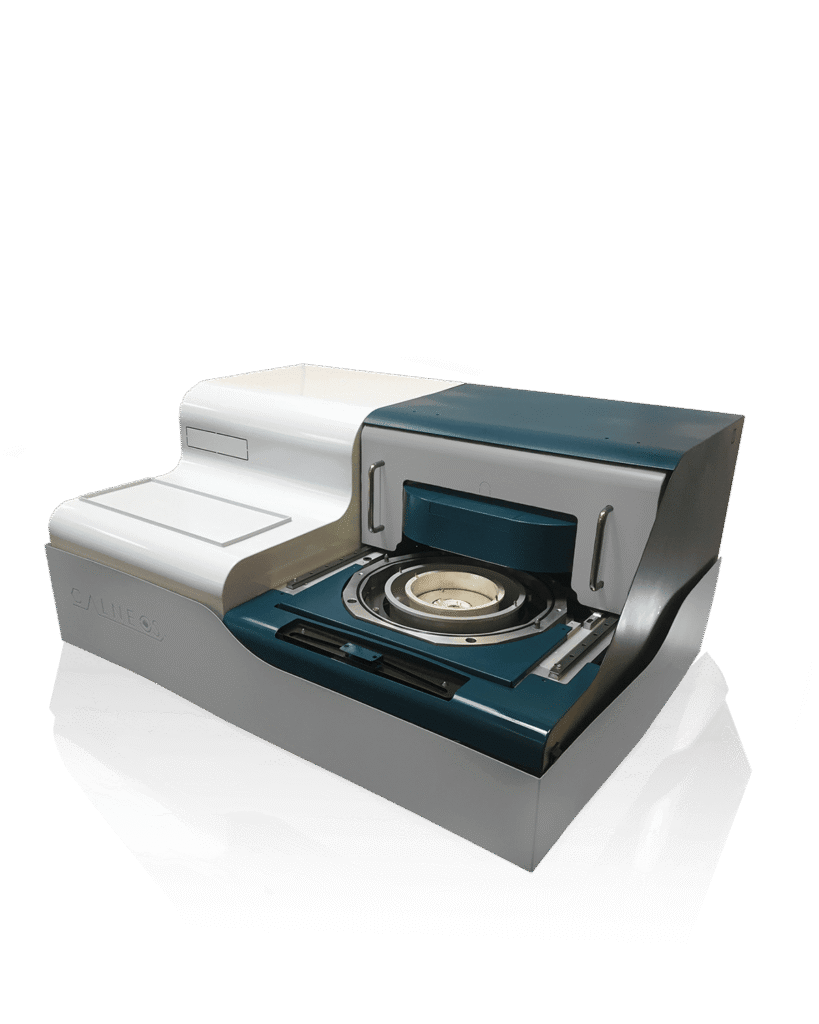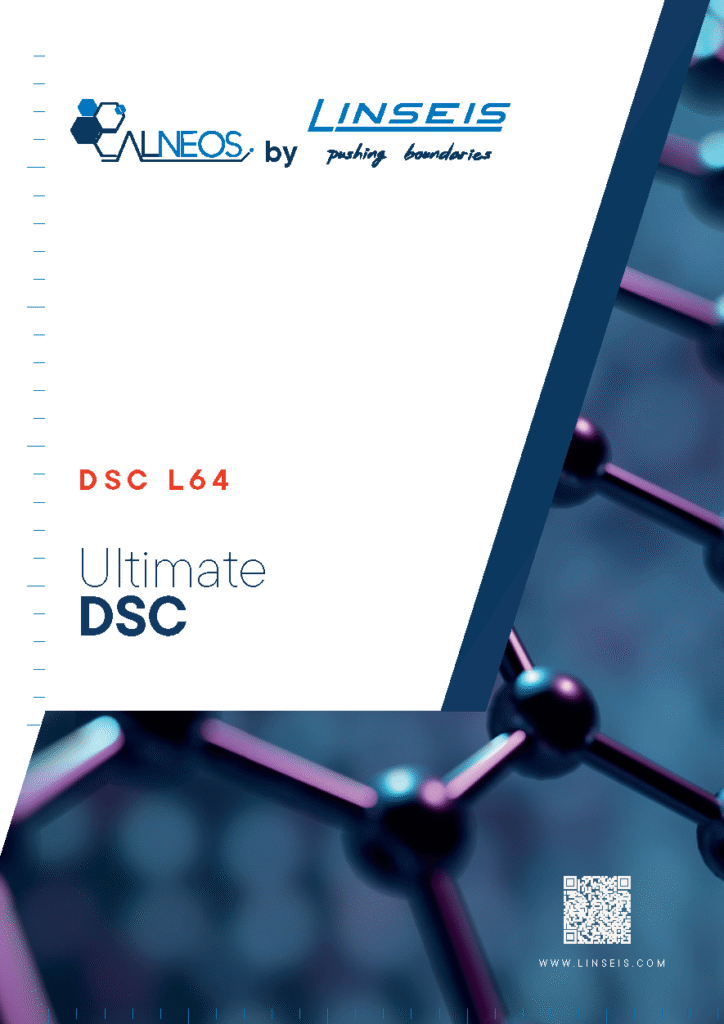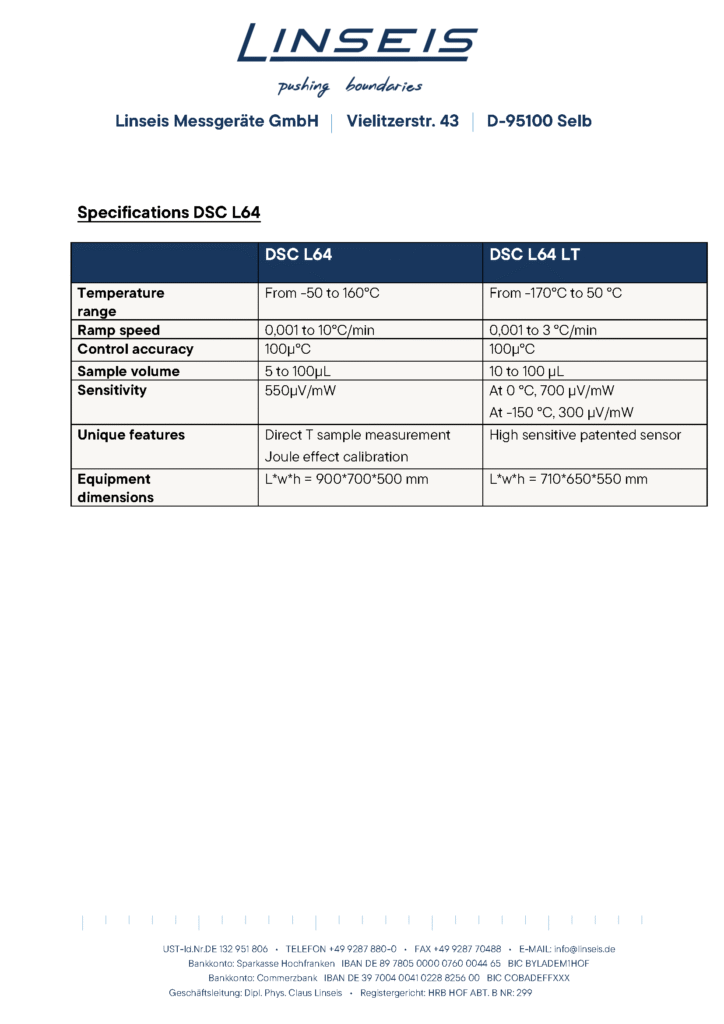
The DSC L64 from Calneos by Linseis is a state-of-the-art calorimeter equipped with a revolutionary sensor based on patented technology developed by one of the world’s leading DSC research laboratories. Its exceptional sensitivity allows for the detection of even the smallest thermal events – such as protein denaturation – with sample volumes as low as 5 to 100 μL.
Designed for advanced applications in biochemical, biophysical, and pharmaceutical research, the DSC L64 provides highly accurate measurements of phase transitions in liquid, gel, or solid samples. The system covers a temperature range from -50 °C to 160 °C with scan rates up to 10 °C/min, offering precise control of thermal conditions. It also enables the study of highly concentrated solutions, gels, and solids with minimal sample consumption. Thanks to extractable cells, no cleaning procedure is required, reducing downtime and improving ease of use. Automation options further enhance the system’s efficiency in both routine analysis and advanced research settings.
For applications that require even lower starting temperatures, the DSC L64-LT offers a unique solution. Its exclusive, market-leading cooling system allows measurements starting at -170 °C, without the need for liquid nitrogen. This technological breakthrough opens entirely new possibilities for experiments in extreme low-temperature conditions and expands the frontiers of thermal analysis.
Whether you’re analyzing protein transitions for pharmaceutical development or investigating materials in various phases, the DSC L64 and DSC L64-LT deliver ultra-sensitive, high-performance solutions tailored to your scientific needs.
Unique Features

- Ultra-sensitive, patented sensor technology
At the heart of the DSC L64 is a groundbreaking sensor design, developed in collaboration with one of the world’s most renowned DSC research laboratories. This patented technology enables the detection of even the smallest thermal events – such as protein denaturation – with unparalleled precision and reproducibility. - Minimal sample volume – only 5 to 100 μL
The DSC L64 requires exceptionally small amounts of sample material, making it ideal for studies involving rare, costly or limited-quantity substances like purified proteins or specialty compounds. This drastically reduces material costs and preparation time. - No cleaning required – extractable, sealed cells
The system uses disposable or reusable crucibles that are easily inserted and removed. Because samples are hermetically sealed, there’s no contamination of the measuring chamber, eliminating the need for time-consuming and often unreliable cleaning procedures.
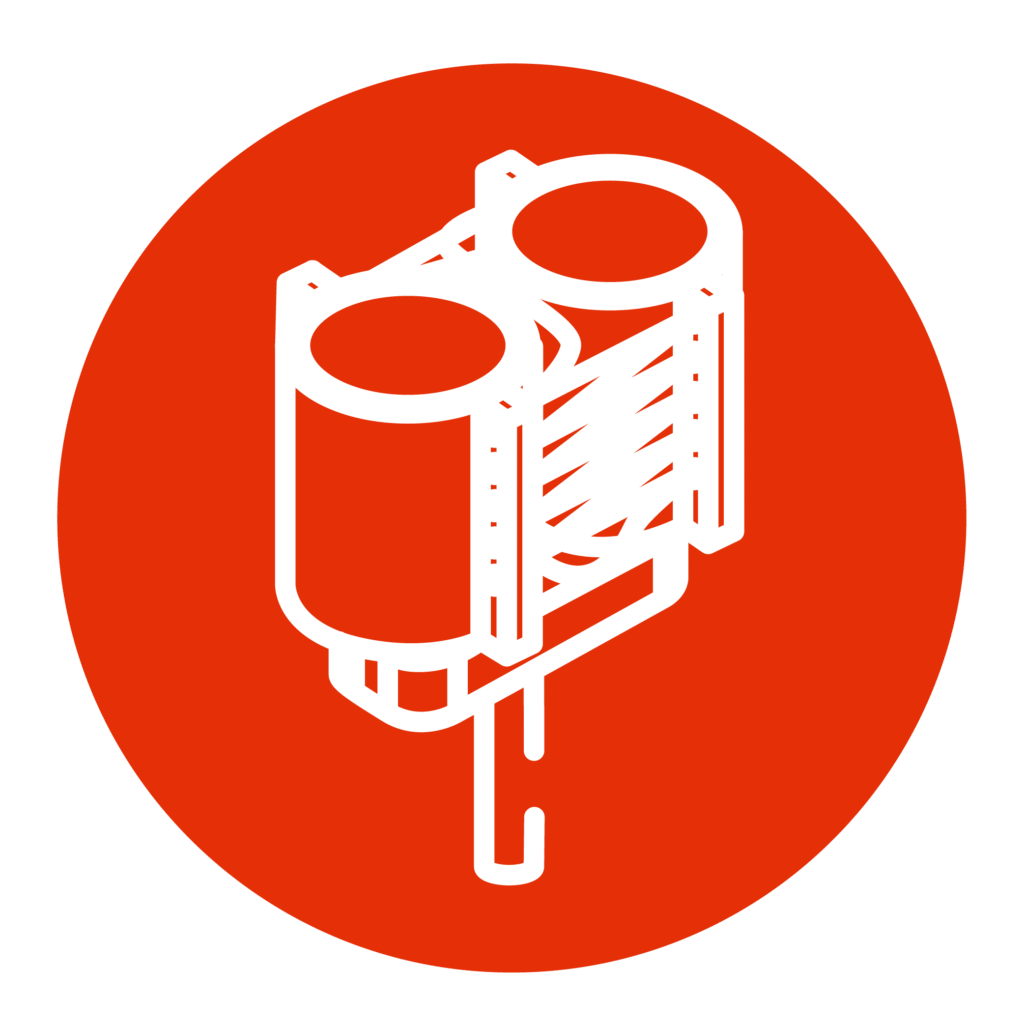
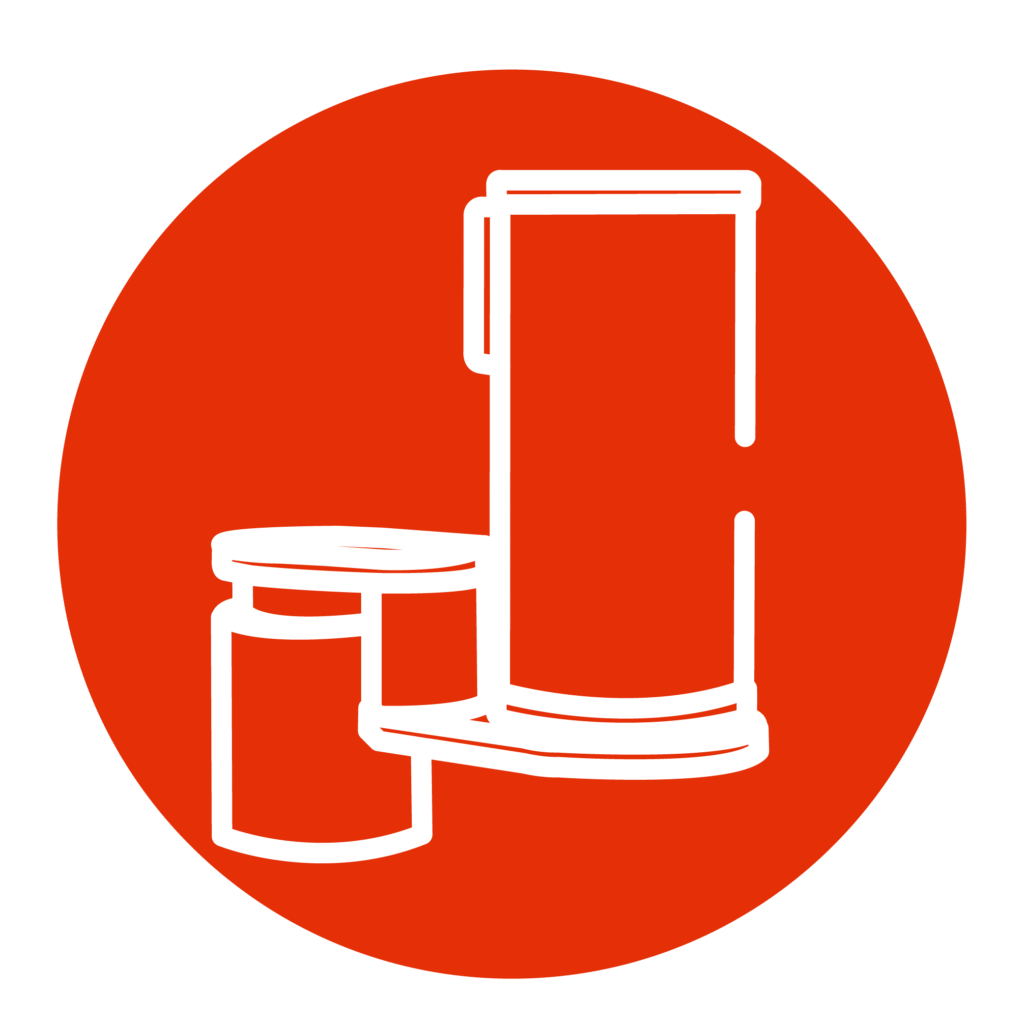
- Fast heating rates – up to 10 °C per minute
The DSC L64 offers rapid temperature scanning without compromising accuracy. Its unique regulation system supports heating rates of up to 10 °C/min, allowing for faster experiments and higher throughput compared to conventional DSC systems. - Broad temperature range from –170 °C to +160 °C*
The system supports precise temperature control across a wide range, enabling studies of low- and mid-temperature phase transitions relevant in life sciences, pharmaceuticals and materials development.
*Depends on configuration
Versatile application for liquids, gels and solids
Whether you’re analyzing aqueous solutions, biological gels or solid-state materials, the DSC L64 handles a wide variety of sample types, making it highly flexible for diverse research and quality control needs.
Automation-ready design
With its simplified setup and standardized procedures, the DSC L64 is easily integrated into automated lab environments. This increases reproducibility and efficiency, especially in routine measurements or high-throughput screening.
Tailored for protein stability analysis
The device is specifically suited for the study of protein unfolding and stability, delivering accurate measurements of denaturation temperatures and enthalpies. This makes it a valuable tool in drug development, formulation studies and biophysical characterization.
Highlights
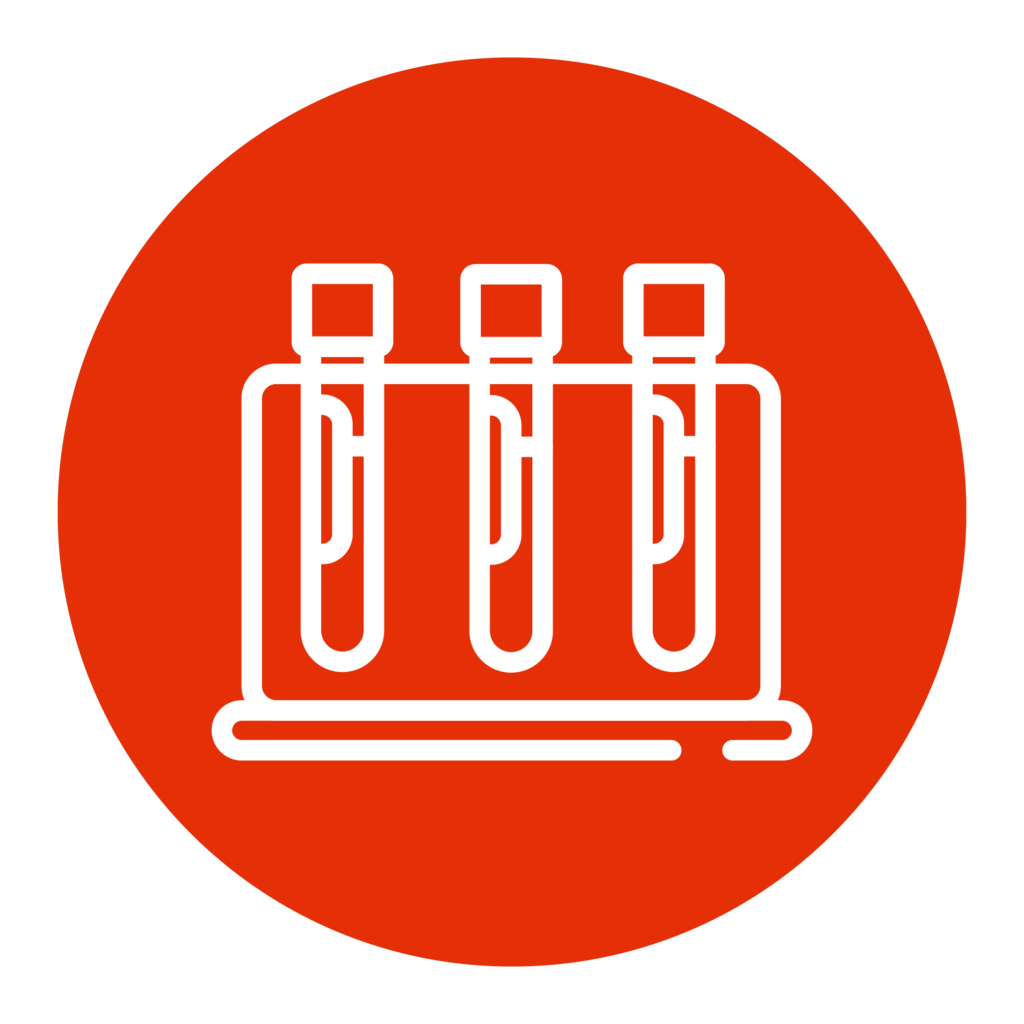
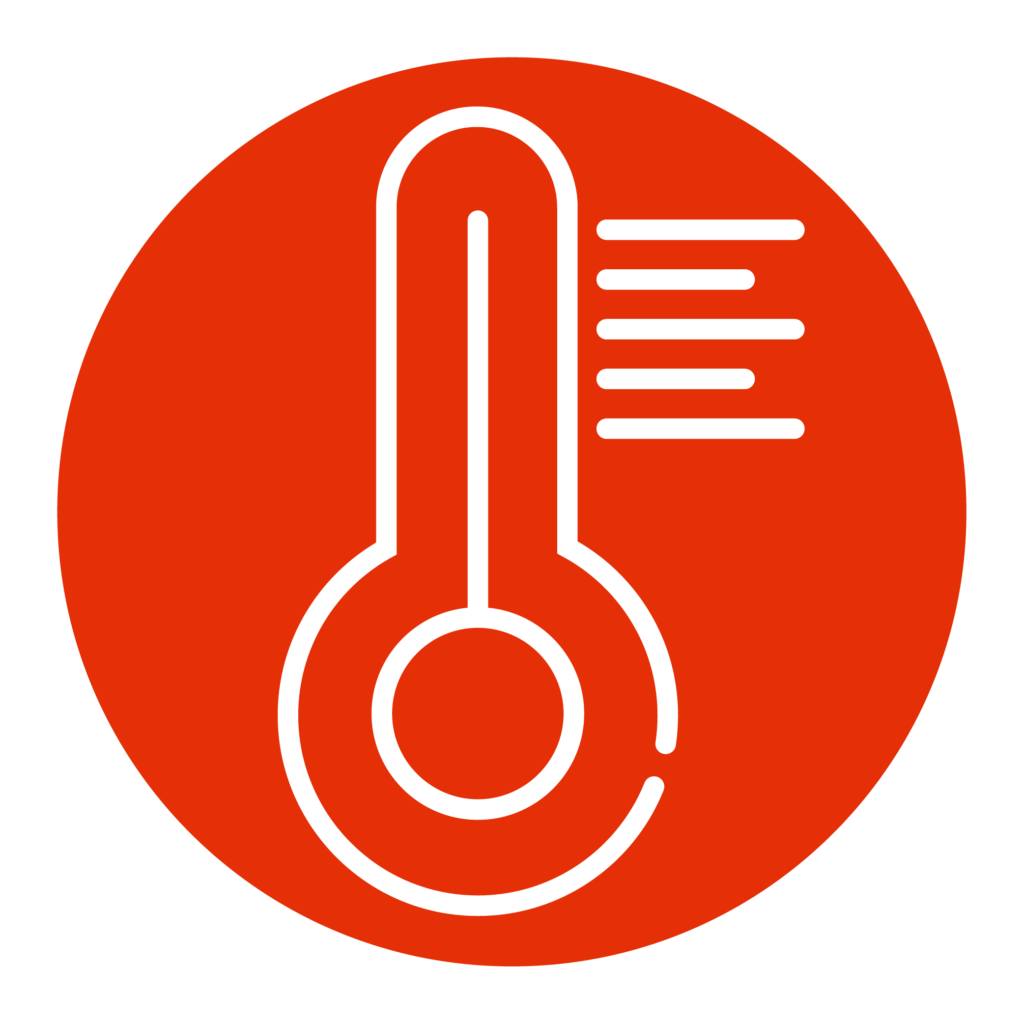

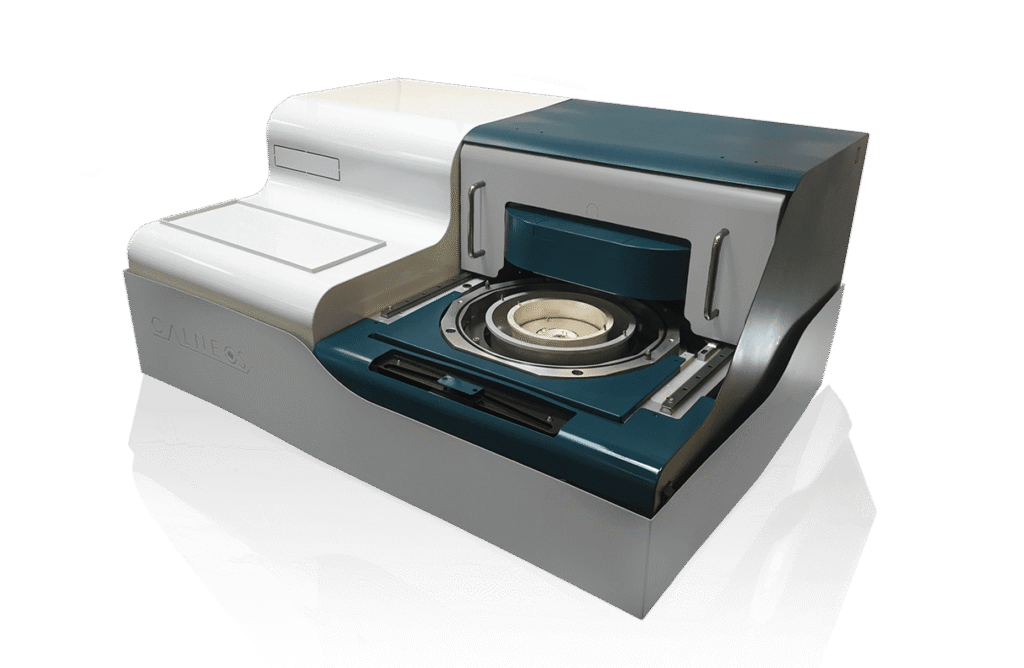
Ultra-sensitive patented sensor
Minimal sample volume required
No cleaning procedure necessary
Broad application range
Wide temperature range
Ideal for protein research
Questions? We're just a call away!
+01 (609) 223 2070
+49 (0) 9287/880 0
Our service is available Monday to
Thursday from 8 am to 4 pm
and Friday from 8 am to 12 pm.
We are here for you!
Specifications
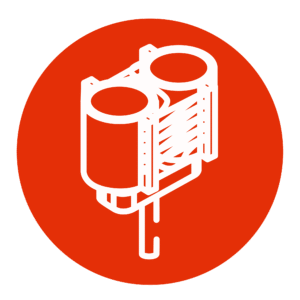
Sample volume: 5 to 100 μL
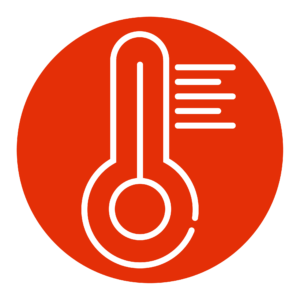
Temperature range: -170°C to 160°C*

Control accuracy: 100µ°C
Discover our ultra-sensitive DSC – designed for precision with minimal sample volume:
Ultra-high sensitivity for detecting minute thermal effects
Wide temperature range from –170 to 160 °C*
Extremely low ramp rates from 0.001 °C/min
Minimal sample volume: only 5 to 100 µL
*Depends on configuration
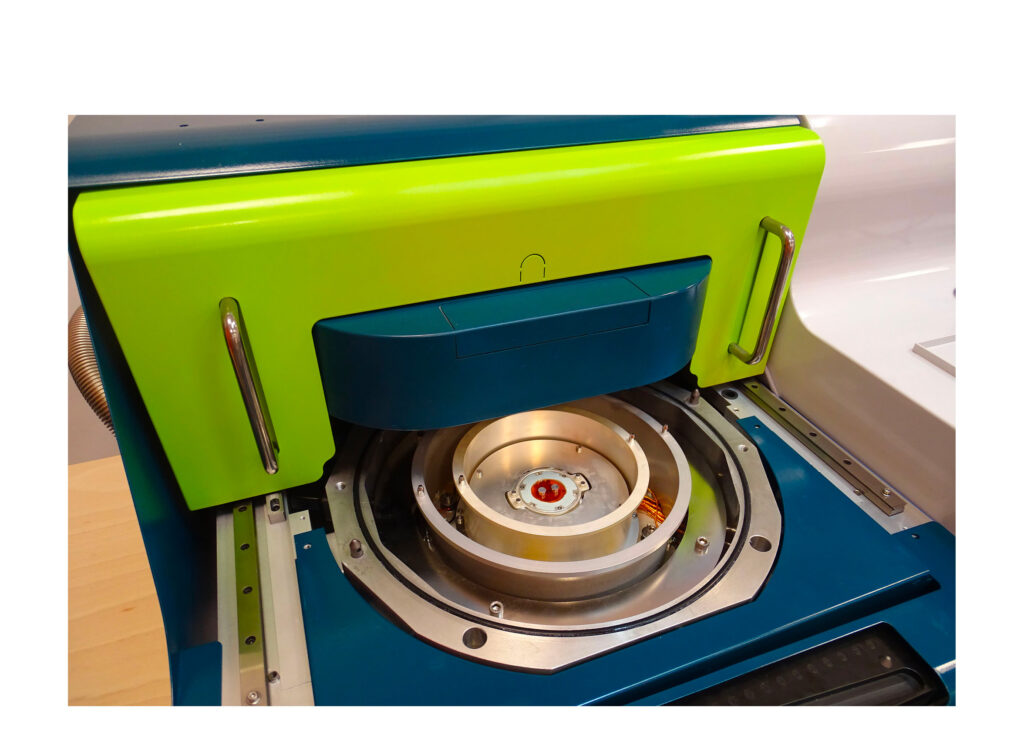
Operating Principle DSC L64
1. Sample preparation
The sample is prepared in sealed extractable cells (crucibles). Different types of materials are available depending on the nature of the samples being analysed. A sample crucible and a reference crucible are then placed on the
patented Ultimate DSC sensor.
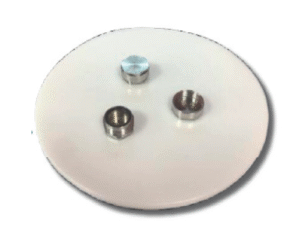
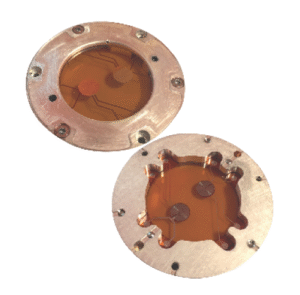
2. Set-up
This sensor, which is placed in a highperformance control system (also
patented), can measure thermal effects as small as the denaturation of proteins.
3. Experiment
The temperature ramp programming over a wide temperature range (-50°C to 160°C) will allow the measurement of phase transitions of all your samples in liquid, gel, solid form etc… Thanks to its 3 high performance regulation stages, the heating rates can be programmed up to 10°C / min: a unique feature for this kind of DSC.
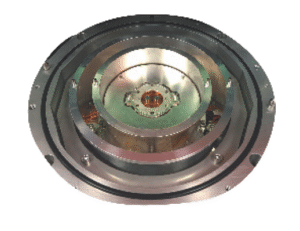
Operating Principle DSC L64 LT - Stirling Cryocooler
To reach temperatures of -170°C without consuming liquid nitrogen, the Ultimate DSCLT uses a Stirling cryocooler device. This type of device uses mechanical oscillation to produce sufficient cold power to cool the Ultimate DSC-LT temperature control system.
The Ultimate DSC-LT is cooled down to -170°C without LN2.
The Stirling cryocooler device delivers cooling power to a cooling plate specifically designed to cool the oven volume of the Ultimate DSCLT. Thanks to this device, the Ultimate DSC-LT can regulate the temperature from -170°C without any time constraints (it can work both in isothermal or in ramp mode).
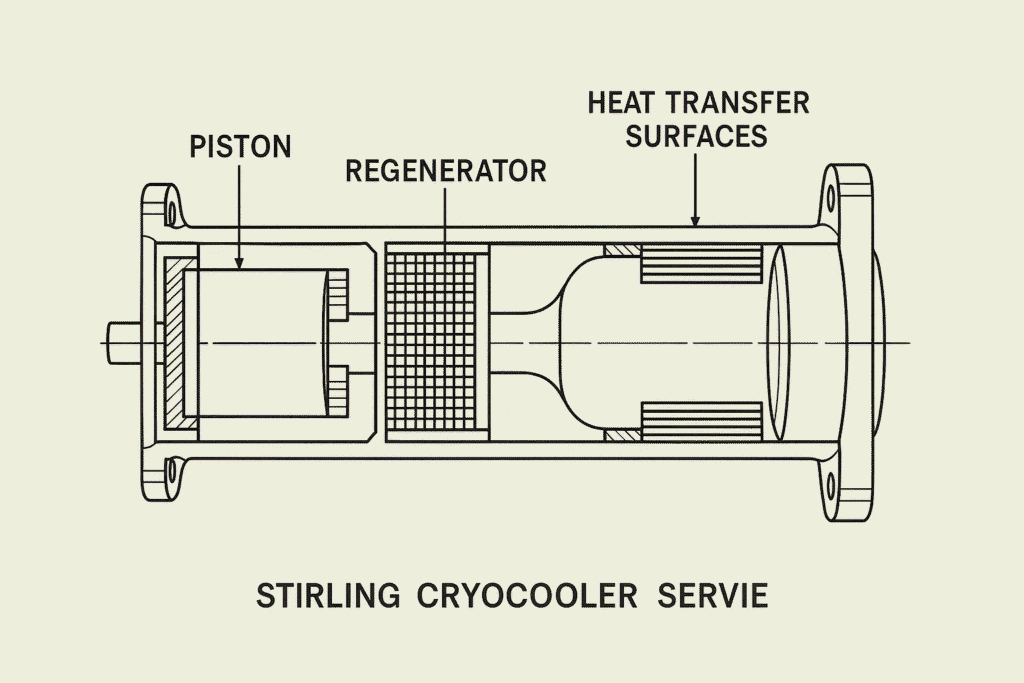
Software
Making values visible and comparable
The software greatly enhances your workflow as the intuitive data handling only requires minimum parameter input. AutoEval offers a valuable
guidance for the user when evaluating standard processes such as
melting and crystallization points. The optional thermal library product
identification tool, provides a database permitting an automatic identification tool for your tested polymer. Instrument control and/or surveillance through mobile devices gives you control wherever you are.

- Software packages are compatible with latest Windows operating system
- All specific measuring parameters (User, Lab, Sample, Company, etc.)
- Optional password and user levels
- Undo and redo function for all steps
- Infinite heating, cooling or dwell time segments
- Multiple language versions such as English, German, French, Spanish, Chinese, Japanese, Russian, etc. (user selectable)
- The evaluation software offers a wide range of functions for the comprehensive analysis of all data types
- Complete evaluation history (all steps can be undone)
- Data acquisition and evaluation can be performed simultaneously
- Data can be corrected using zero correction
- Data evaluation includes: software signal correction and smoothing, first and second derivative, curve arithmetic, data peak evaluation, glass point evaluation, zoom, multiple curve overlay, annotation, copy to clipboard function, multiple export features for graphic and data export, automatic gas control
Application
Application example: Thermal denaturation of Lysozyme
100µL of several solutions of lysozyme in PHB buffer were placed in a 100µL crucible. Different concentrations were used, representing different masses of lysozyme analysed respectively. The reference crucible was filled with the same volume of PHB buffer. The Ultimate DSC was programmed to perform a temperature ramp from 40°C to 95°C at 1°C/min. The thermograms obtained are shown on the right.
The Ultimate DSC allows the enthalpy and denaturation temperature of Lysozyme to be measured using 5 to 10 less sample than currently available instruments. Each thermogram was obtained in less than 60 minutes, allowing rapid analysis. The Ultimate DSC saves large amounts of sample and allows you to work faster.
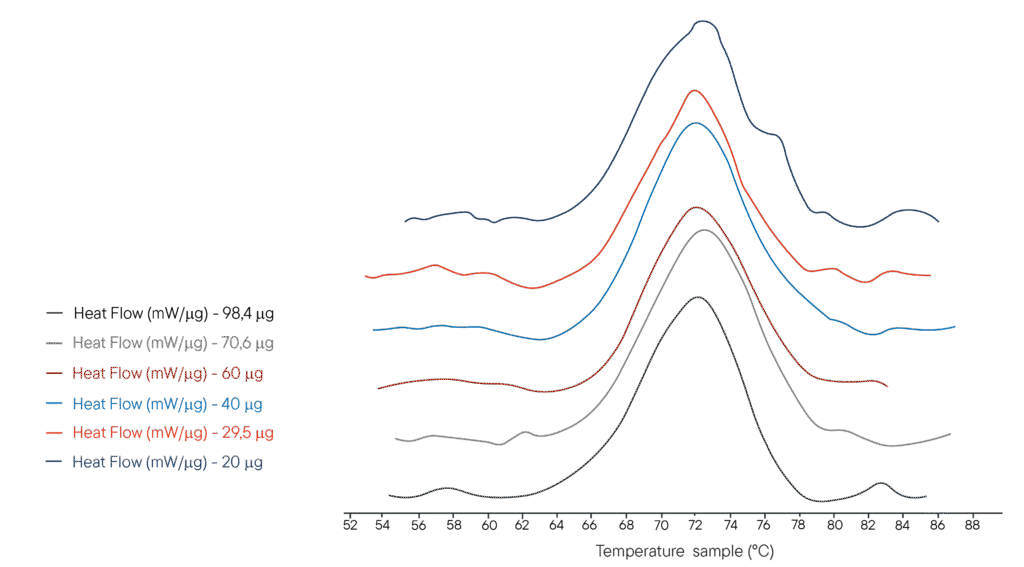
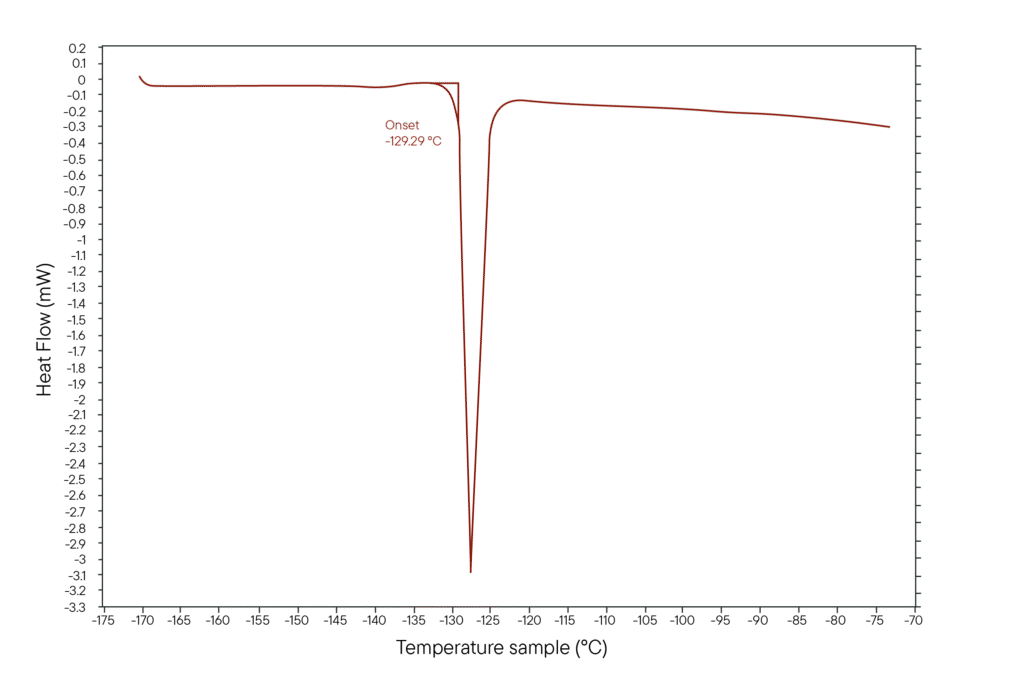
Application example: Melting of Methylcyclohexane
The Ultimate DSC-LT offers revolutionary performance for materials characterisation.
In many materials characterisation applications, reaching sub-ambient temperatures is
essential, particularly for :
Determining glass transitions in amorphous materials.
The analysis of solid-solid phase transitions, particularly popular in pharmaceutical applications.
These studies often require restrictive cooling systems, with an almost systematic dependence
on liquid nitrogen to go below -90°C, a limit imposed by the cooling units of conventional
DSCs.
With its innovative cooling system, the UDSC-LT is revolutionizing the field by overcoming this
limit and completely eliminating the need for liquid nitrogen. Give your research unprecedented
precision and simplicity.
Application example: Thermal denaturation of RNase
Several buffered solutions of bovine RNase (50mM phosphate ph 7.3 150mM NaCl) were prepared at different concentrations. Between 50 and 80 µl of these solutions were placed in crimped measuring crucibles. The corresponding RNase masses analysed ranged from 10 to 200 µg. The reference crucible was filled with the same volume of buffer solution. The Ultimate DSC was programmed to perform a temperature ramp from 20 to 95°C at 1°C/min. The thermograms obtained are shown above.
The Ultimate DSC allows to measure the enthalpy and denaturation temperature of bovine RNase using quantities between 200 and 10 µg, for sample volumes between 50 and 80 µl. These sample volumes used are between 5 and 10 times smaller than those usually required with currently marketed instruments, which need between 350 and 1000 µl. Each thermogram was obtained in less than 60 minutes, allowing many analyses to be carried out quickly. The Ultimate DSC saves large amounts of sample and allows faster operation. An automated version of the Ultimate DSC is also available.
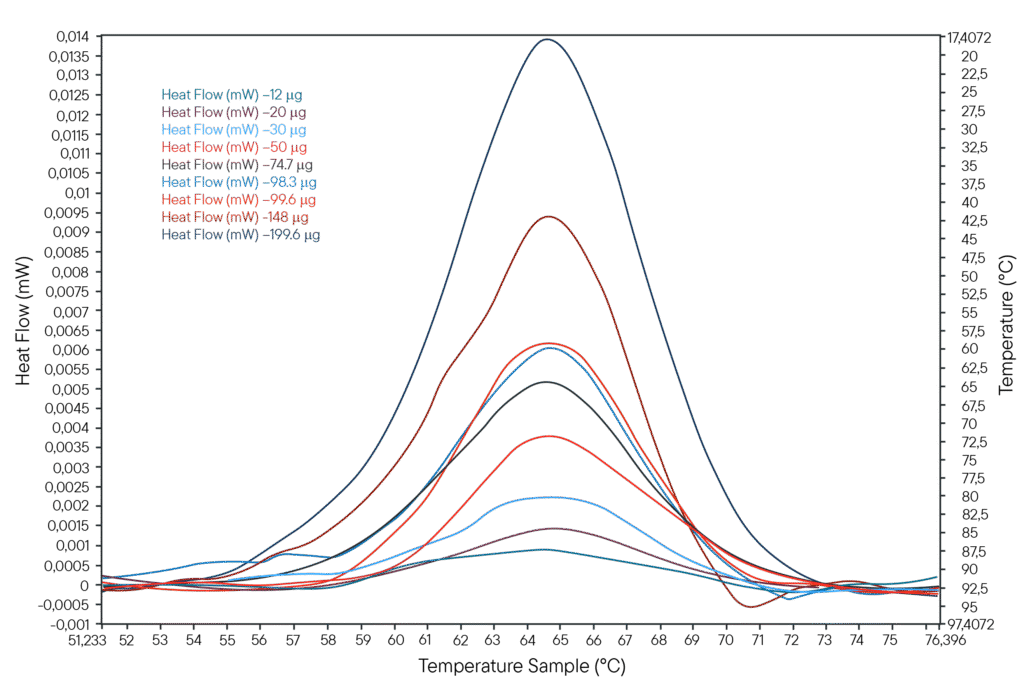
Well informed
